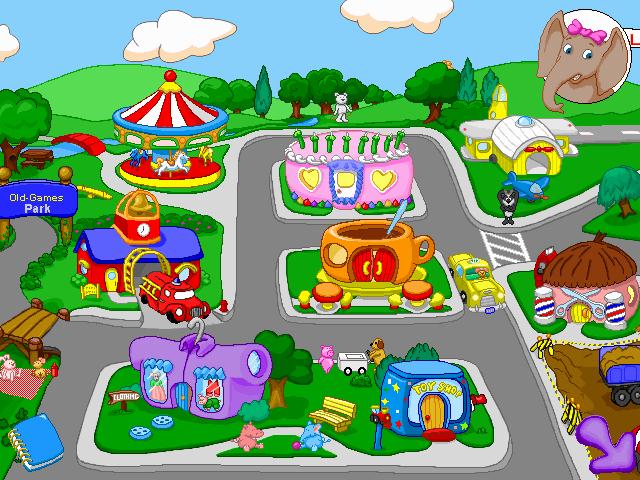

International Conference on Computer Assisted Language (CALL) in 2011. Computer games functioning as motivation stimulants. Student’s perceptions of using educational games to learn introductory programming. Ibrahim, R., Yusoff, R., Omar, H., & Jaafar, A. Lanham, Maryland, United States of America: University Press of America,Inc. Learning theories and the design of e-learning environments. Research design: Qualitative, quantitative, and mixed Journal of Research on Technology in Education Vol. A tablet computer for young children? Exploring its viability forĮarly childhood education. Educational Technology & Society, 12 (2), 1-10.Ĭouse, L.J., & Chen, D.W. Effect of Computer- Based video games on children:Īn experimental study. Self-Efficacy: Why believing in yourself matters.Ĭhuang, T., & Chen, W. Safer children in a digital world.Ĭherry, K. The impact of the help me 2 learn phonicsīyron, T. The Wall Street Journal.īenson, T., Bredosky, C., Hester, E., & Singleton, J. Now teachers encourage computer games in class. Further relevant studies are also recommended. Based on the findings, the use of online games in English Phonics is recommended in teaching and learning English Phonics, especially for young learners.
#KINDERGARTEN 2 GAME ONLINE HOW TO#
The interview results revealed that: 1) all Kindergarten 2 students had positive perceptions towards the use of online games in English Phonics 2) the students had positive perceptions towards the use of English phonics online games because the games helped them learn how to spell and read and featured animations, colorful and attractive common objects, and interactive/hands-on and game/challenge components. Paired Samples t-test revealed that there was a significant difference between the pre- and post-tests scores of Kindergarten 2 students before and after using English Phonics online games at the level of 0.05. Analyses showed that Kindergarten 2 students’ English Phonics achievement was very good before the use of online games, and it increased to excellent after the use of online games. In addition, an interview on how the students’ perceived the use of English Phonics online games was done. A one-group pretest-posttest experiment was conducted to determine if there was a significant difference in the students’ English Phonics achievement before and after using English Phonics online games. This research used a mixed method design. Mark’s International School in the academic year 2015-2016 participated in the two-month study. This study aimed to compare the Kindergarten 2 students’ achievement in English Phonics before and after the use of English Phonics online games and to find out their perceptions towards such games.

English Phonics Achievement, Kindergarten 2 Students’ Perceptions, English Phonics Online Games.


 0 kommentar(er)
0 kommentar(er)
